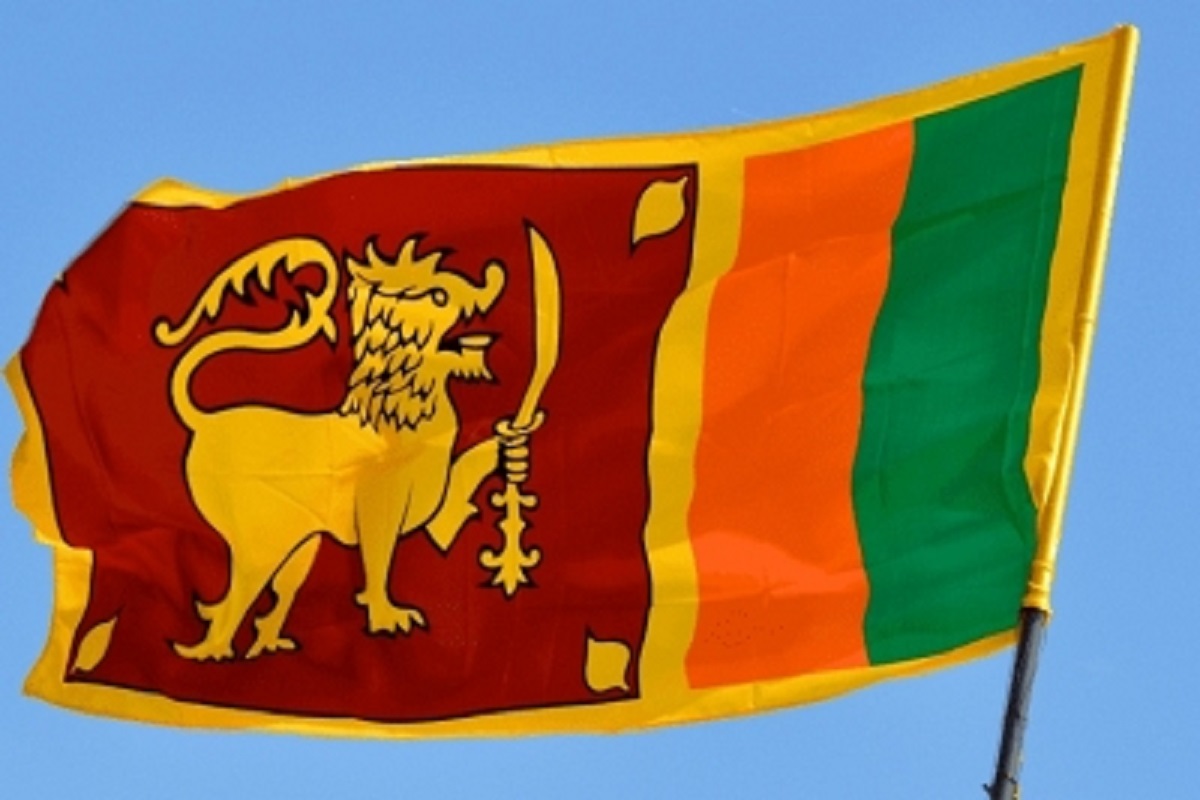Handloom fashion show at Bharat Tex 2025 attracts buyers from Europe, Australia
The event was organised at the amphitheatre in Bharat Mandapam as part of the Bharat Tex 2025 exhibition being held here from February 14-16.
Foreign envoys to Sri Lanka and rights groups on Saturday expressed concern over the declaration of a state of emergency by President Gotabaya Rajapaksa.

File Photo
Foreign envoys to Sri Lanka and rights groups on Saturday expressed concern over the declaration of a state of emergency by President Gotabaya Rajapaksa.
They fear that police might use force against peaceful protesters amid the country’s worst economic crisis in recent memory, reported Taipei Times. US Ambassador to Sri Lanka Julie Chung wrote on Twitter that she is “concerned” by the state of emergency, adding that “the voices of peaceful citizens need to be heard.”
Advertisement
“And the very real challenges Sri Lankans are facing require long-term solutions to set the country back on a path toward prosperity and opportunity for all. The SOE (state of emergency) won’t help do that,” Chung added.
Advertisement
Canadian High Commissioner to Sri Lanka David McKinnon said Sri Lankans have a right to peaceful protest under democracy and that it is “hard to understand why it is necessary, then, to declare a state of emergency.”
The economic and political situation in the Indian Ocean island nation has triggered countrywide protests demanding the resignation of Rajapaksa and his powerful ruling family, reported Taipei Times.
Rajapaksa on Friday issued a decree declaring a public emergency. He invoked sections of the Public Security Ordinance that allow him to make regulations in the interests of public security and preserving public order, and for the maintenance of essential supplies.
Under the emergency regulations, Rajapaksa can authorize detentions, seize possession of the property and search any premises. He can also change or suspend any law.
Sri Lanka is near bankruptcy. It announced that it is suspending repayment of its foreign loans and its usable foreign currency reserves have plummeted below USD 50 million, reported Taipei Times.
The country has USD 7 billion in foreign loan repayments due this year out of USD 25 billion to be repaid by 2026. Its total foreign debt is USD 51 billion.
Police used tear gas and a water cannon twice on Friday at protesters near the parliament who were criticizing lawmakers for not ousting the president and his government, whom they say are responsible for the economic crisis, reported Taipei Times.
Protesters are angry that lawmakers elected a government-backed deputy speaker of parliament by a large majority when the protesters say they should be voting Rajapaksa’s government out of power.
Police first fired tear gas at a student-led protest that began on Thursday after the election of the deputy speaker in what was seen as a key victory for the governing coalition.
Separately, police dispersed more protesters with tear gas on Friday night, also near parliament.
Amnesty International said protests have been peaceful and the authorities have unlawfully restricted the right to freedom of peaceful assembly, reported Taipei Times.
Protesters have vowed to continue their demonstrations despite the emergency law.
Advertisement